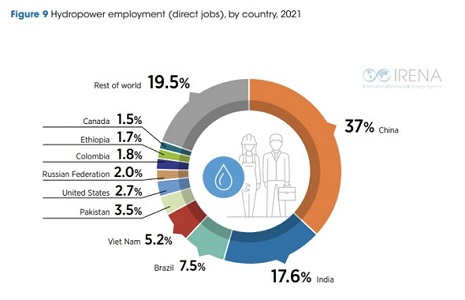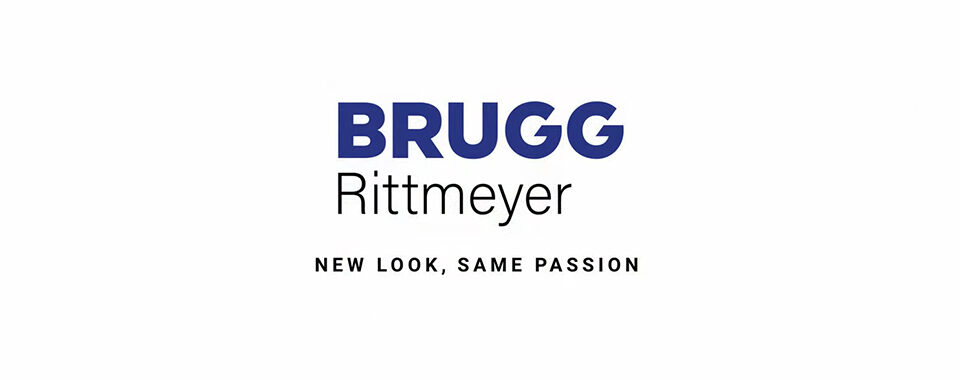Visualizing the World’s Largest Hydroelectric Dams
29 November 2022New look – same passion!
15 June 2023

Source: Weforum.org
The energy crisis is impacting billions of people around the world, as soaring prices have made it more expensive to power homes and businesses.
However, the current crisis has also accelerated the rush for renewable energy, as countries across the world scramble to develop more secure, as well as more sustainable power sources.
This is having a consequent knock-on effect on new job creation in the renewable energy field. Worldwide employment in the sector grew by 700,000 from 2020-2021, reaching 12.7 million jobs, according to the International Renewable Energy Agency (IRENA), and could increase to more than 38 million by 2030.
Solar photovoltaic has so far provided the biggest share of renewable energy jobs at 4.3 million, hydropower and biofuels with 2.4 million each, and wind power with 1.3 million. Other sectors like geothermal, heat pumps and ocean energy make up the rest of the jobs growth.
Hydropower


Globally, approximately 2.3 million people worked in the sector in 2021, with two-thirds of these jobs in manufacturing. Global hydropower capacity grew by 25 GW in 2021.
China and India provided more than half of hydropower jobs worldwide. However, Ethiopia is now responsible for almost 2% of global employment in the sector reflecting the construction of the biggest hydropower project in Africa, the Grand Ethiopian Renaissance Dam.
Training – more relevant than ever
Source: waterpowermagazine.com
As the clean energy transition gains momentum, and with an ever-increasing pressure on existing water resources and evolving best practices, there has never been a more important time to build skills and capacity within the water power and dams industry.
Regardless of their role or experience, many in the dam safety community seek opportunities to deepen their knowledge and expand their expertise through training.
Training is in high demand by both individuals looking for a path forward in the industry and employers looking to develop a knowledgeable, long-term staff. Training also informs those throughout the community about the latest trends and evolving industry best practices.
In many ways, ongoing training throughout your career is becoming essential whether you are a federal or state regulator, dam owner or operator, engineering consultant, or any other dam safety professional.

